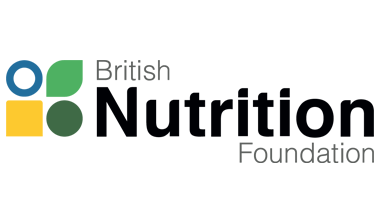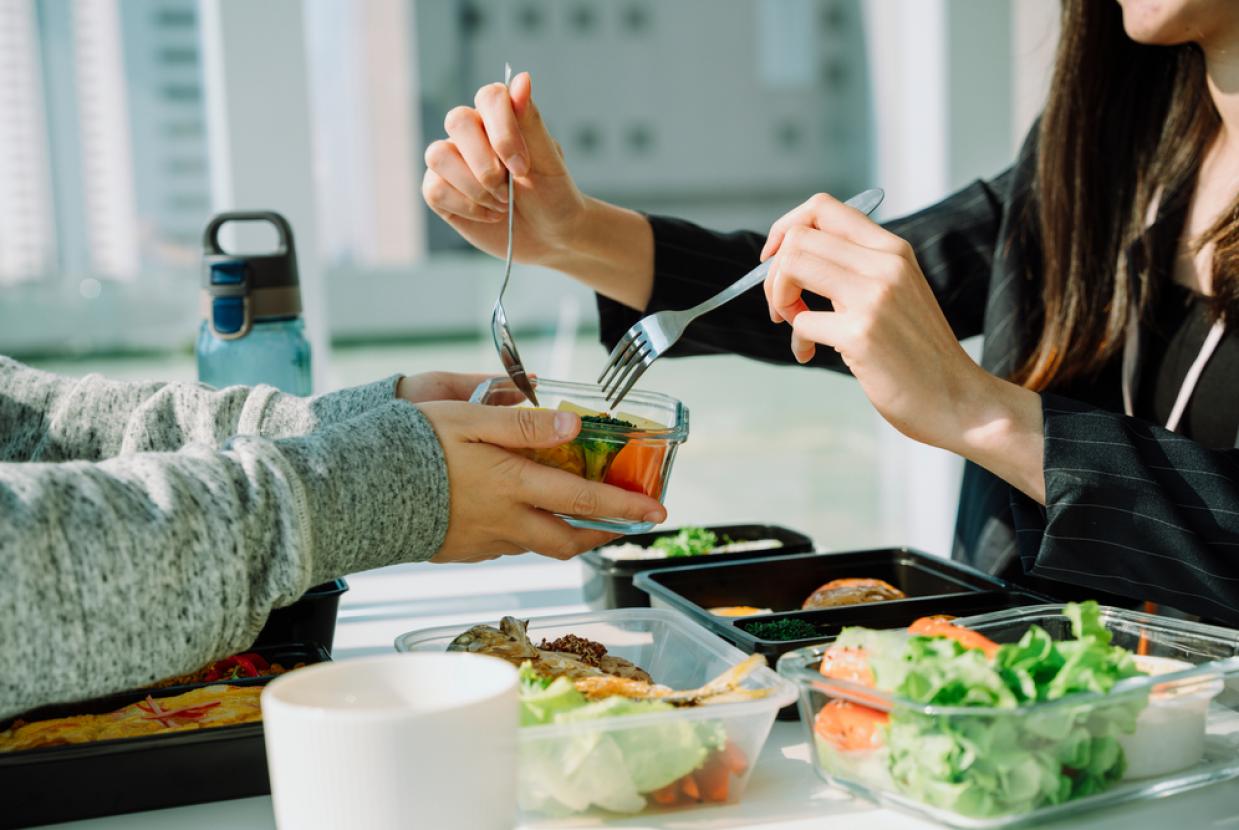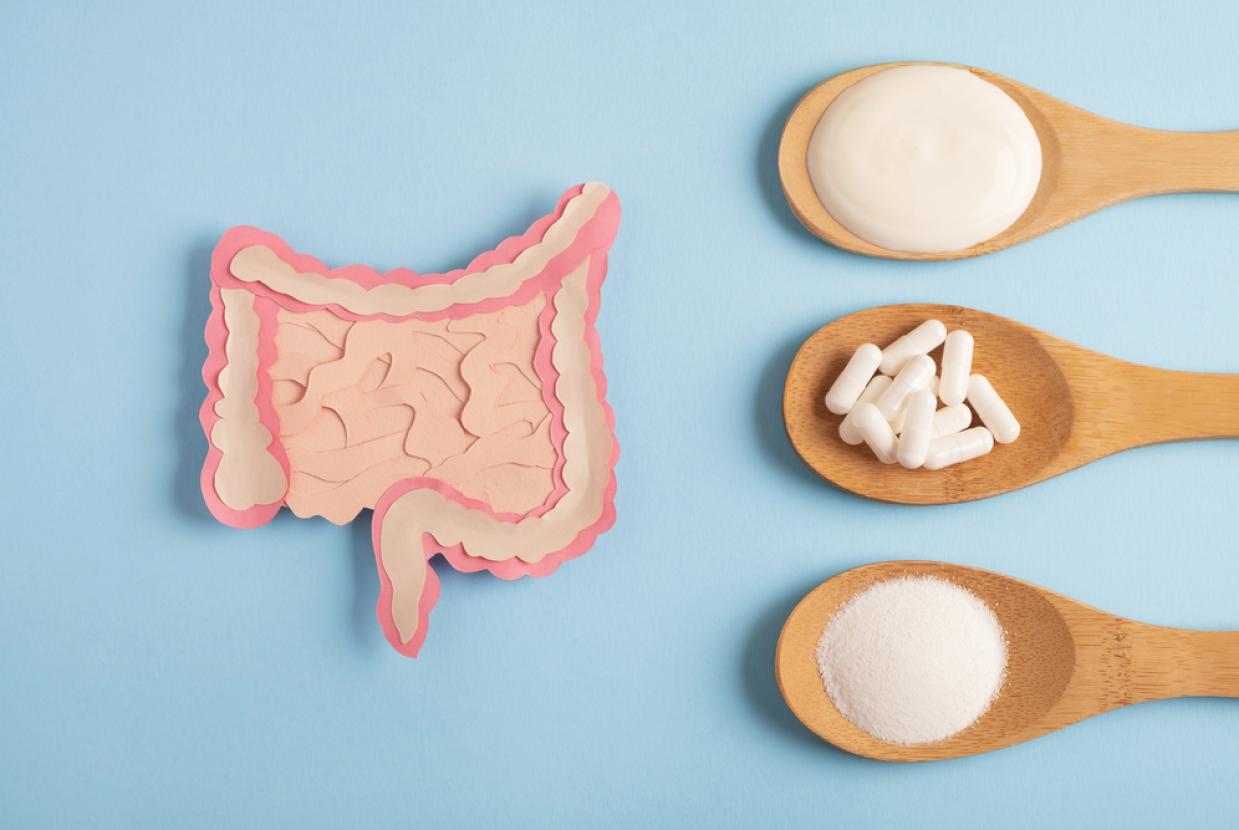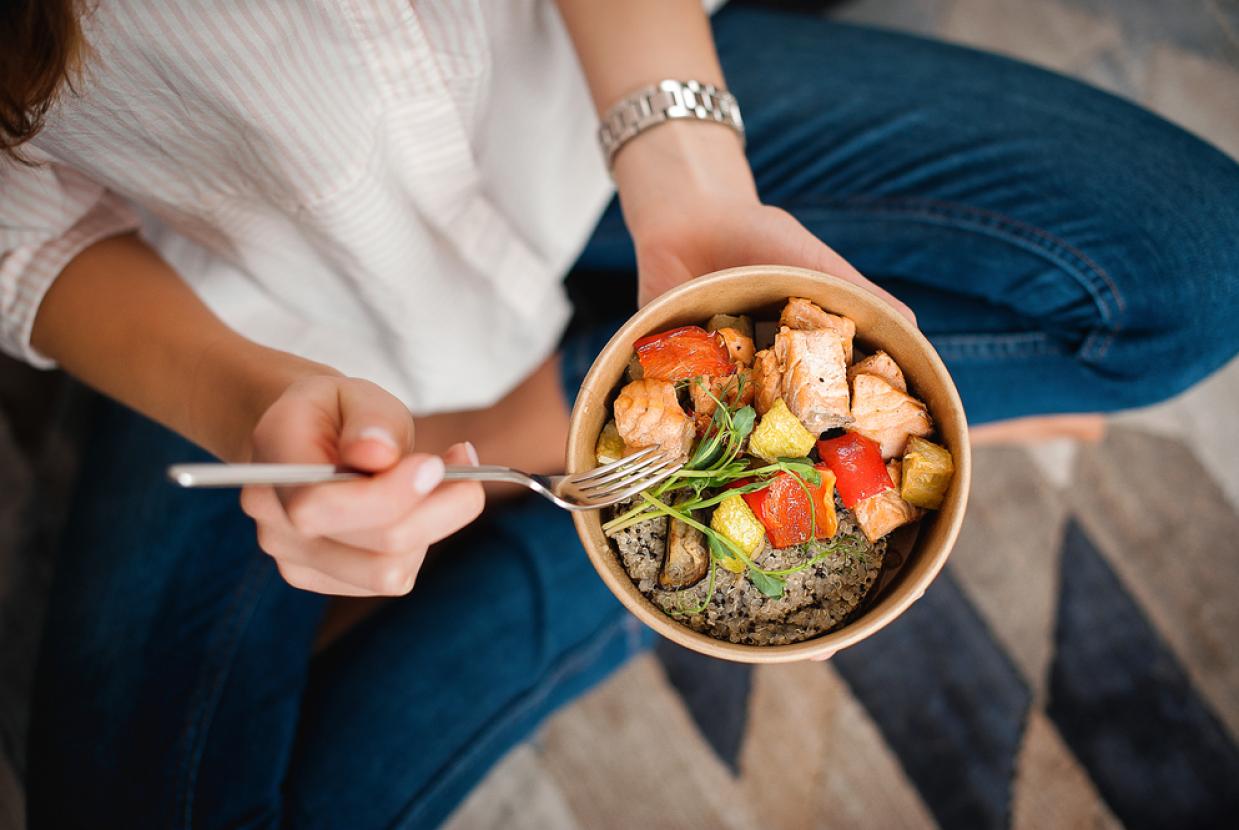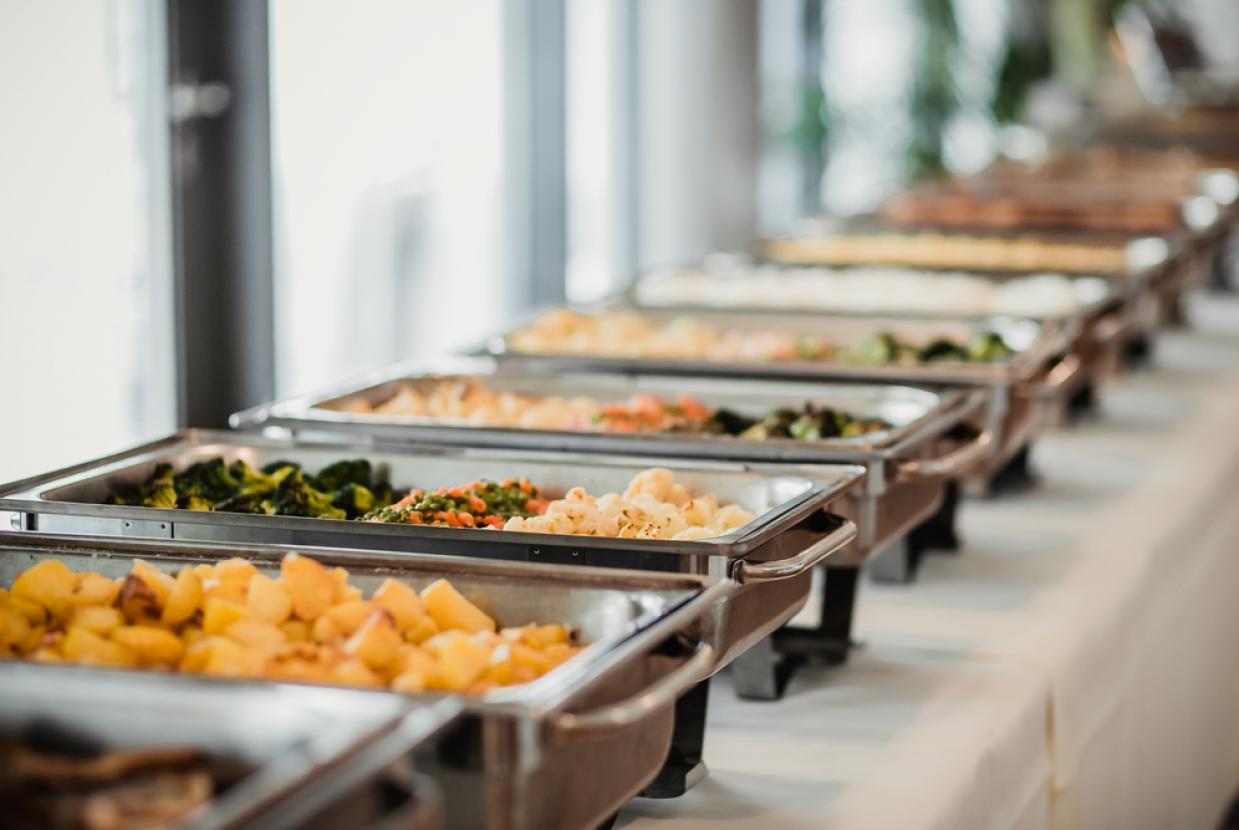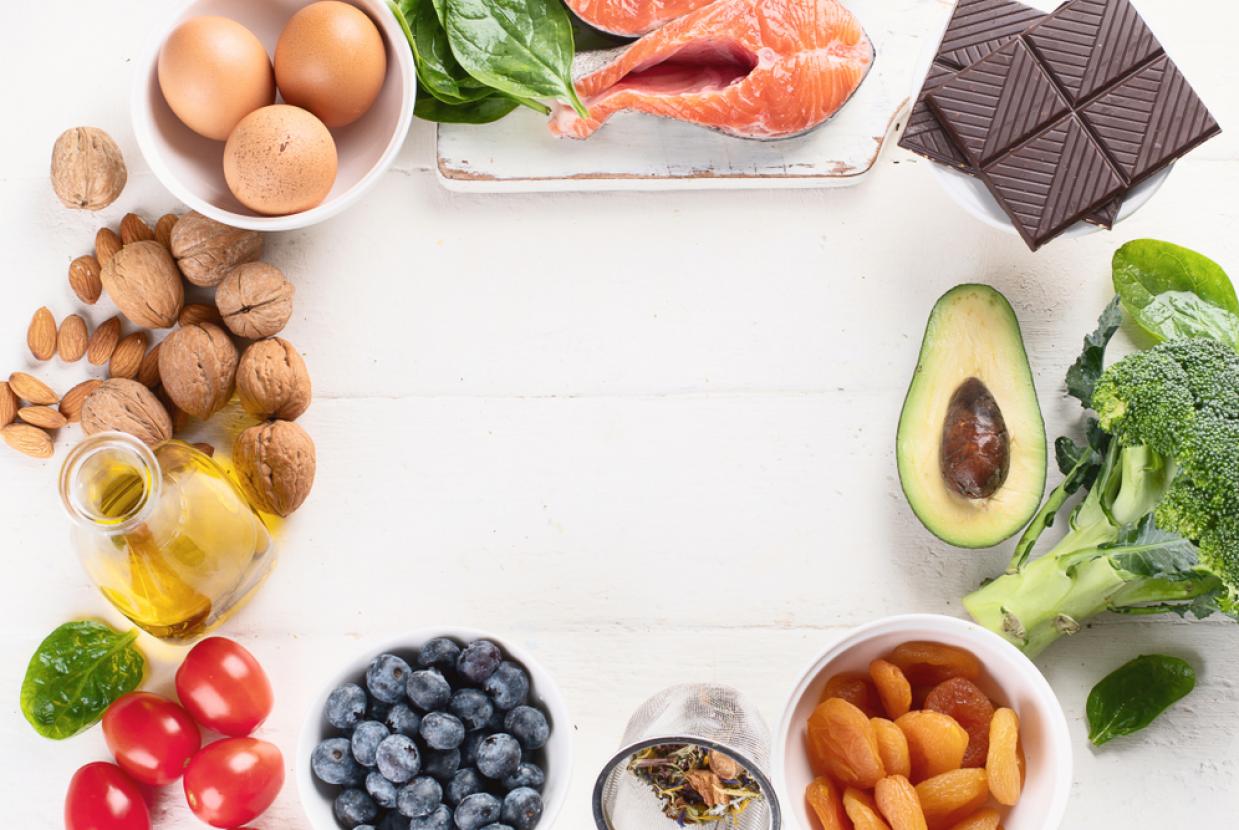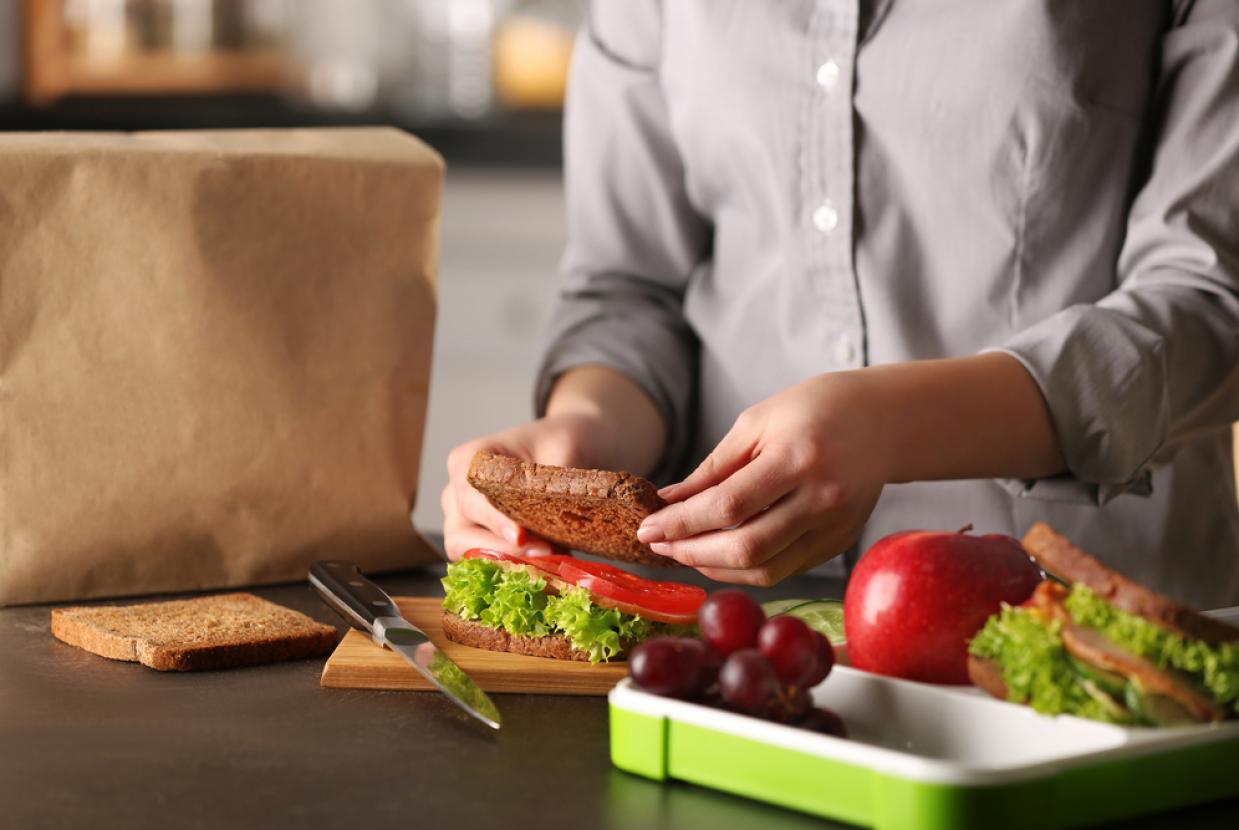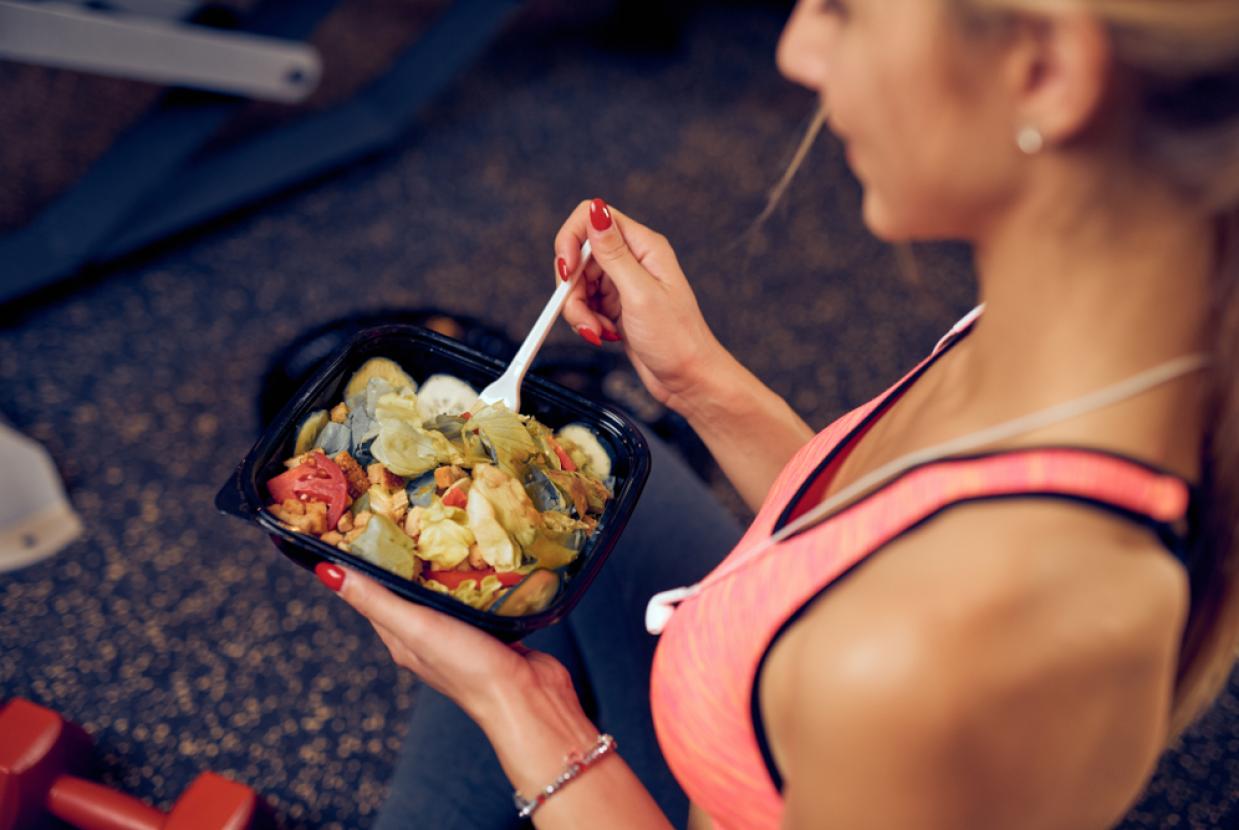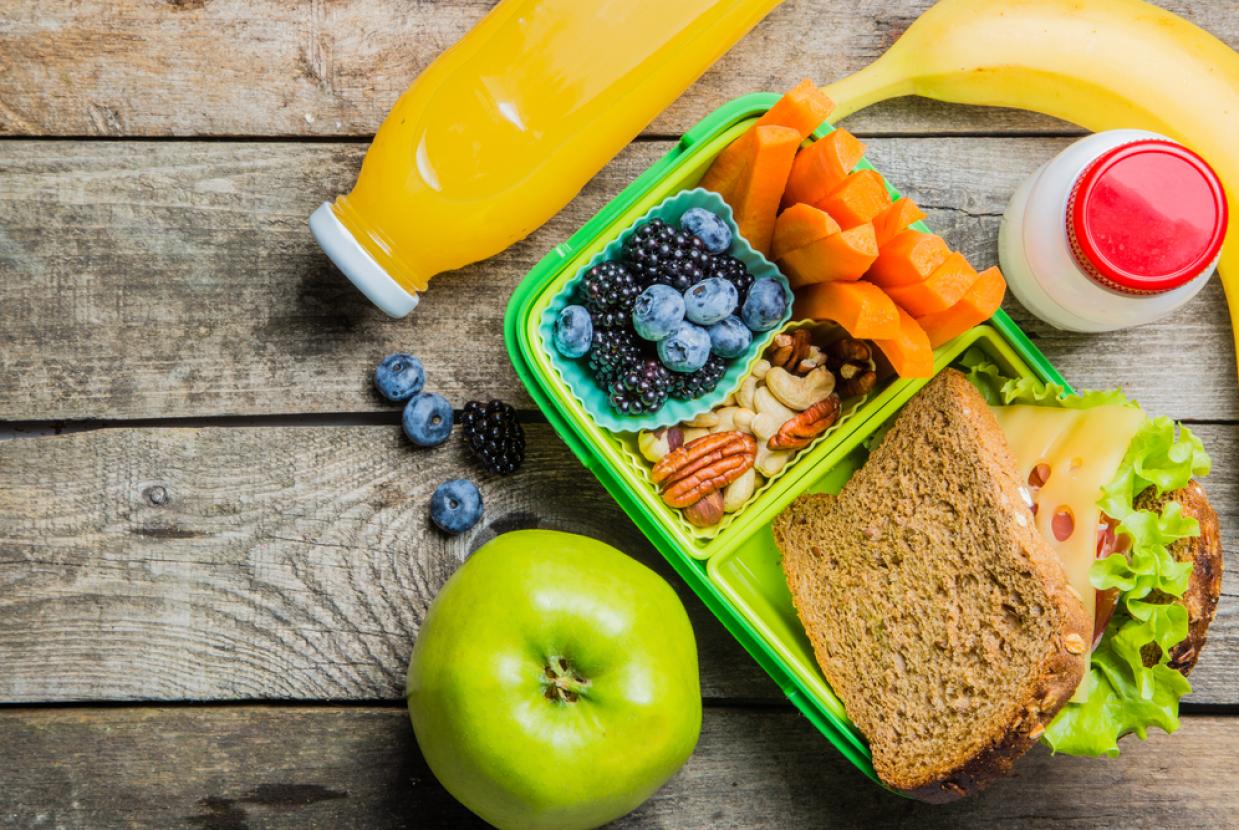Eating When Out & About
If you already eat a healthy, balanced diet, a one-off indulgent meal out probably won’t make much difference to your health overall. But if it’s one of many, you may want to think about healthier choices so that your overall diet remains balanced and varied and not too high in saturated fats, sugars and salt.
The Eatwell Guide is the UK government’s healthy eating guidelines, and they recommend to:
- Have at least five portions of fruit and vegetables a day.
- Base your meals on starchy carbohydrates – especially wholegrains and high-fibre versions.
- Include some lower fat dairy or dairy alternatives (for example unsweetened calcium-fortified soya, rice and oat drinks), choosing lower fat and lower sugar products where possible.
- Choose a variety of protein sources, for example beans and pulses, eggs, lean meat, fish, Quorn (mycoprotein) and soya products (such as soya mince or textured vegetable protein [TVP]).
- Choose unsaturated oils and spreads and eat in small amounts. Unsaturated fats are monounsaturated fats (found, for example, in olive and rapeseed oil) and polyunsaturated fats (found, for example, in sunflower and corn oil).
- Drink plenty of fluids – the government recommends 6-8 cups/glasses a day.
- Remember that food high in fats, salts and sugars like cakes, biscuits, fried savoury foods and snacks, pastries and sugar-sweetened soft drinks are not needed in the diet so if you include these, have them less often and in small amounts.
Try and keep in mind these principles of the Eatwell Guide when choosing your meals and drinks and think about the ingredients they contain. Together with a bit of planning ahead they can help you to buy healthier options.
Think about balance of foods
- Consider how your meal fits into your overall diet. Choose a light dinner like a soup or salad if you had a big lunch that day. Or if you know ahead of time that you're going to eat out for dinner, plan to have a lighter meal during the day like a sandwich.
- Think about the meal as a whole so if you’re ordering a starter and a dessert, then go for a lighter main meal such as starter size pasta with a side salad.
- Try and balance your meal by including healthier selections and ingredients from the different food groups such as lean protein, lower fat dairy (or dairy alternatives), fruit and vegetables, wholegrains and potatoes in their skins. For example, baked or grilled chicken or fish, with plenty of vegetables or salad and sides like new or baked potatoes. If your meal does not come with vegetables or salad, order some on the side.
- Check the menu – if you know where you are going ahead of time check the options before you go – many larger restaurant chains offer nutritional information online.
Avoiding foods high in fat, sugars and salt
- Be aware of ingredients high in calories. For example, salads may sound like a healthy choice, but if they contain lots of croutons, fried, battered or breaded meat, cheese or high-fat dressing (like Caesar or French dressing), then they can be as high in calories as any of the other menu options. Ask for dressings and sauces to come separately so you can control how much you add.
- Avoid items described as ‘fried’, ‘deep fried’, ‘buttered’, ‘breaded’ or ‘battered’ or those containing a creamy or cheese based sauce, as these are likely to be high in saturated fat and calories. Instead select items that have been boiled, baked, steamed, stir fried or grilled or those containing tomato or vegetable based sauces/accompaniments.
- Meals containing a lot of pastry (like double crusted pies) are typically high in fat, particularly saturated fat. Instead, if you do fancy a pie go for ‘top crust’ pies with just a pastry lid or pies topped with mash.
- Try asking whether the restaurant will adapt dishes and swap elements of a dish. It’s always worth asking and not usually a problem to replace chips or sides in creamy sauces like macaroni cheese or dauphinoise potatoes with a baked potato/new potatoes, salad or vegetables or steamed rice instead.
- You can also pick lighter dressings such as those based on yogurt, balsamic vinegar or lemon juice and vegetable-based sauces in dishes like pasta instead of creamy ones.
- For dessert, go for fruit, low-fat yogurt or fruit sorbets where available, and if you select more indulgent options, do this only occasionally and try sharing.
Portion control
Research suggests that people consume more food and drink when offered larger sized portions. This may result in you eating more calories than your body needs which over time can lead to weight gain.
- Many restaurants serve large portions. If the restaurant offers a take away service you could eat half and ask to take the other half home for another meal.
- Consider ordering a starter (such as pasta and risotto) as your main course. These dishes are often substantial enough – especially when eaten with a side salad or side order of vegetables.
- Be careful of meal deals that size up your portion or add on extras when ordering your meal. These may seem like good value for money, but larger portions and extras like cheese, bacon, sour cream, mayonnaise, and sides of chips, garlic bread or onion rings, will quickly increase the calorie content of your meal.
- Why not share a dish with a family or friends to keep portion sizes down? Pizza for example is easy to share and you can fill the rest of your plates with salad and vegetables.
- Many fast food outlets offer different portion sizes so choose the smallest size and add healthier sides such as a corn on the cob and a side salad, if available.



